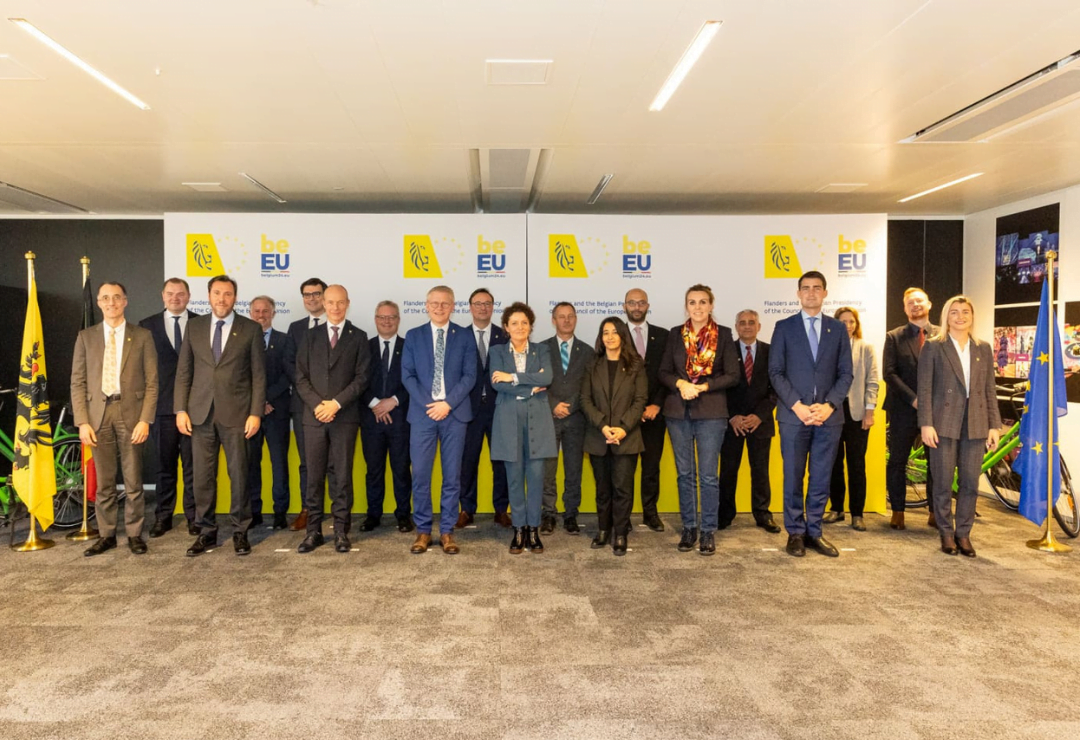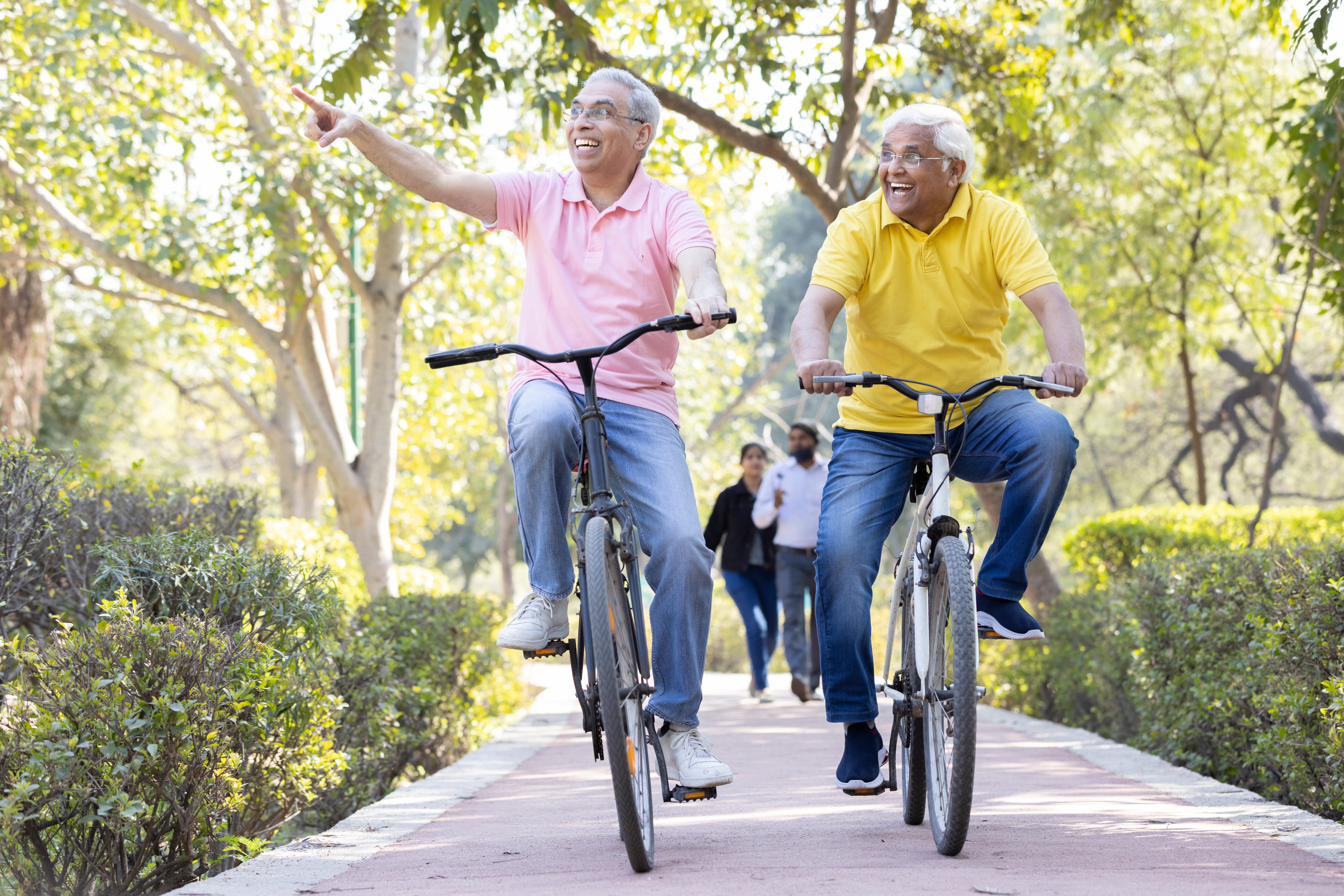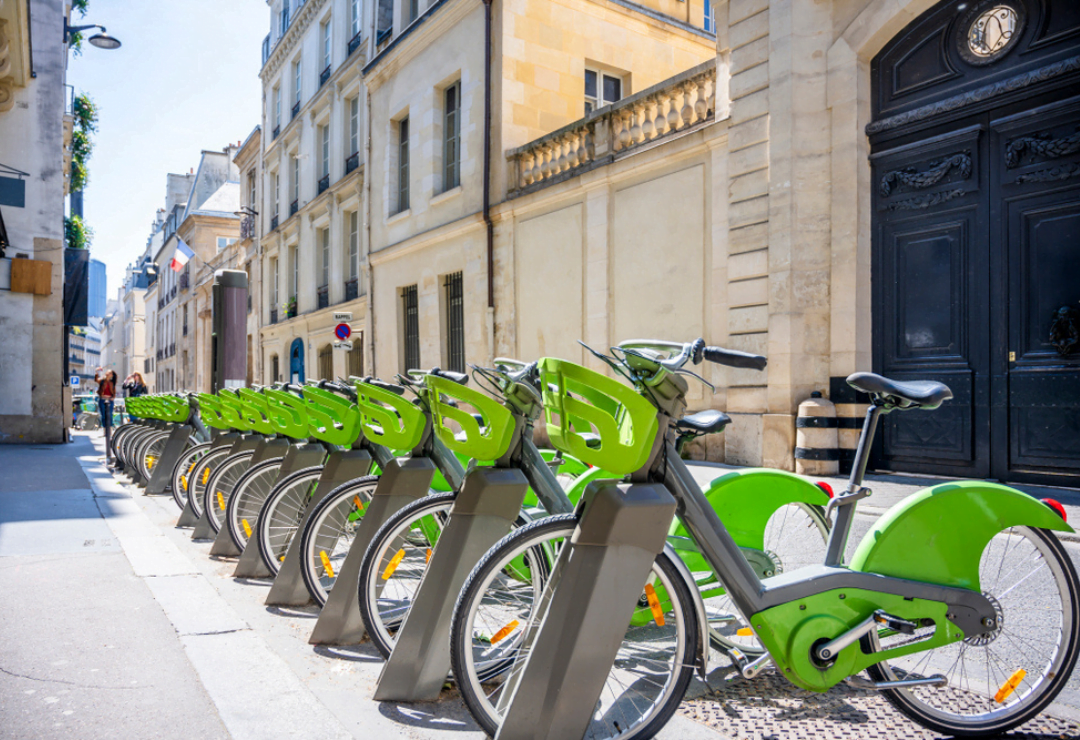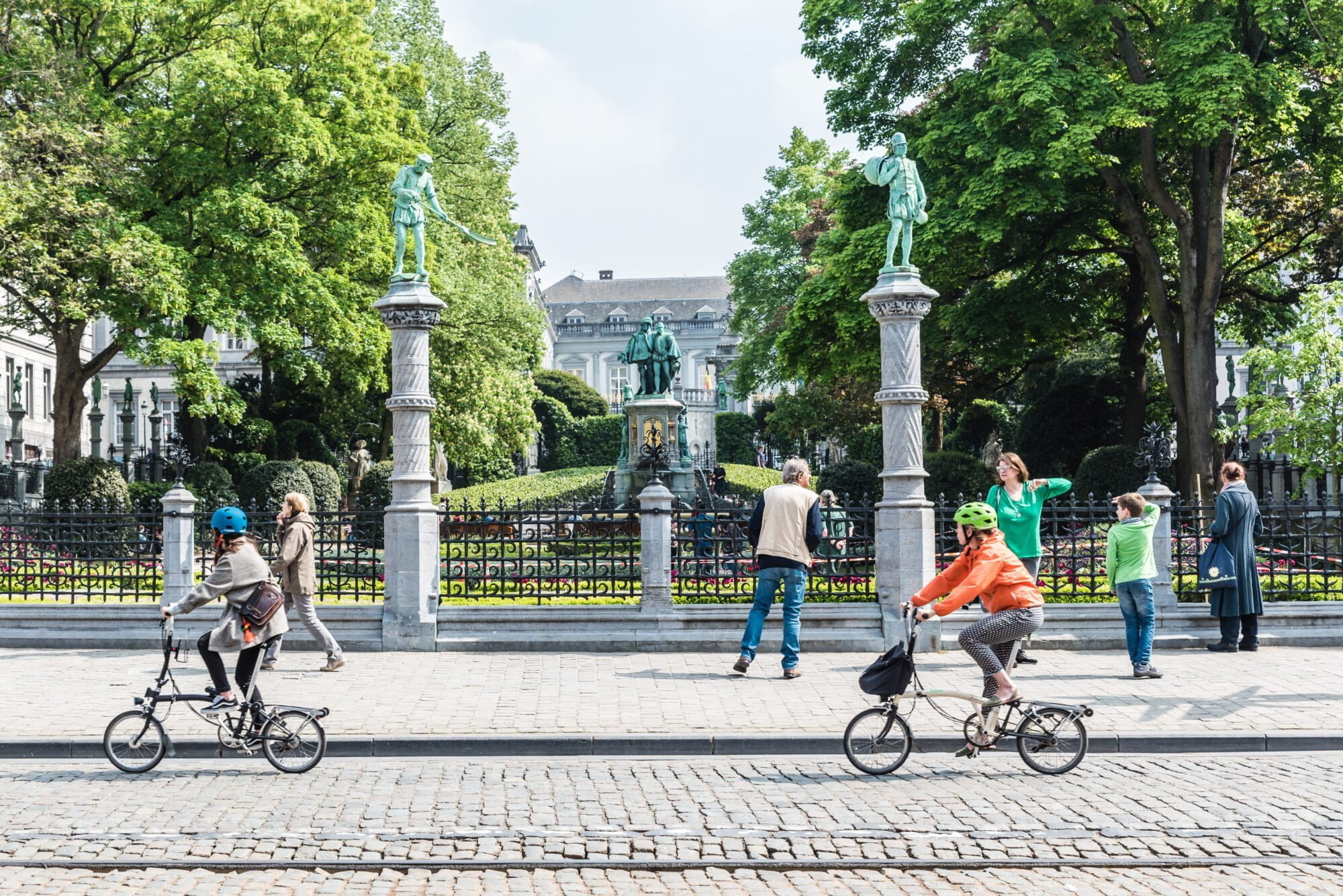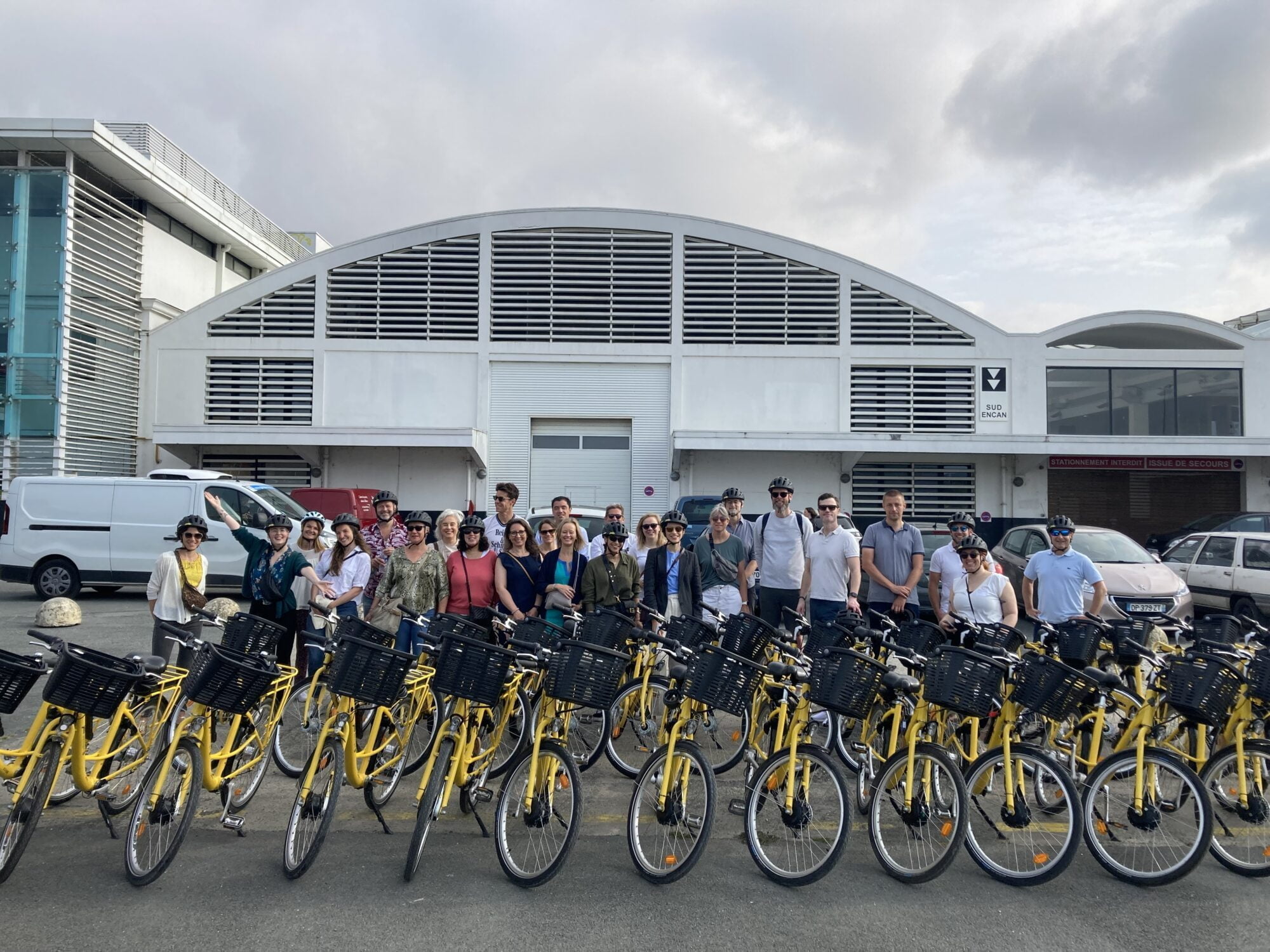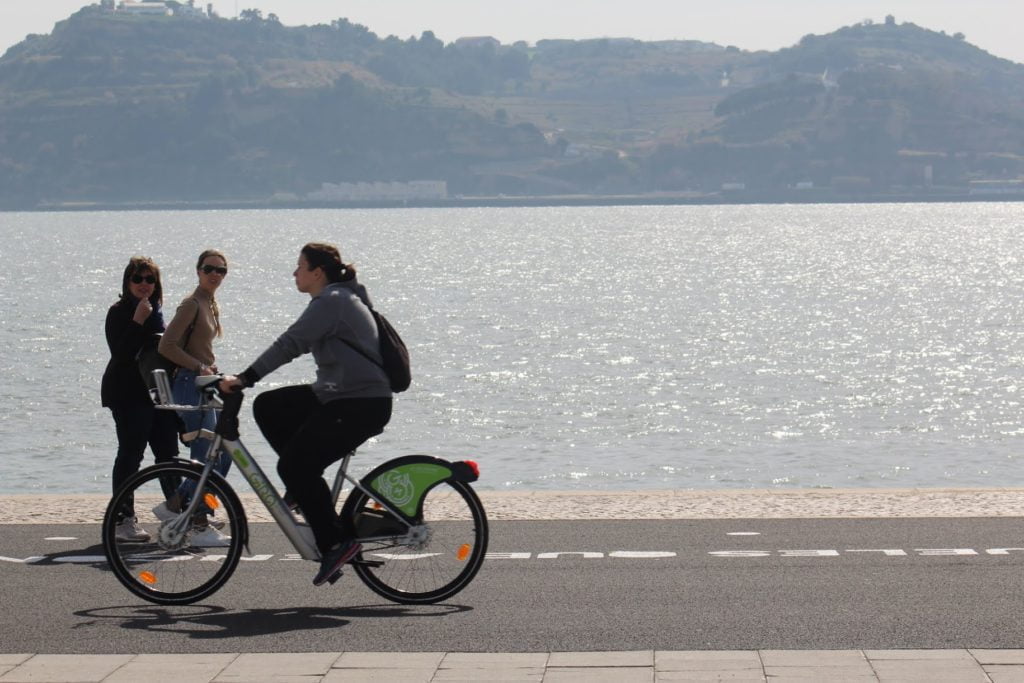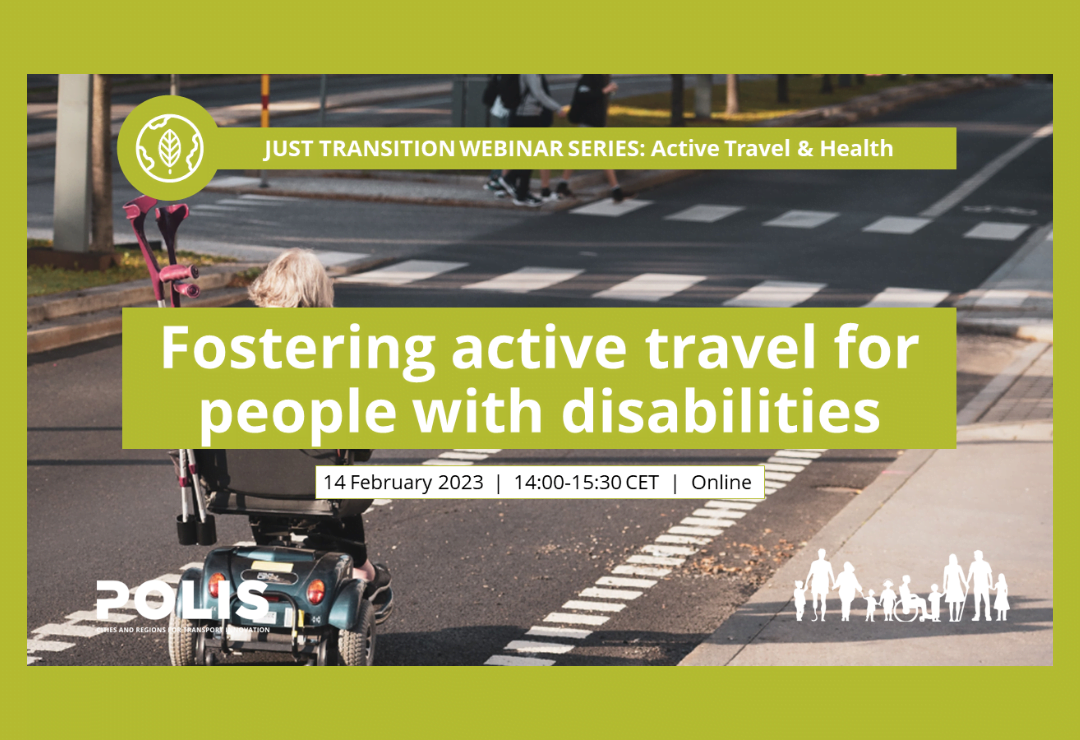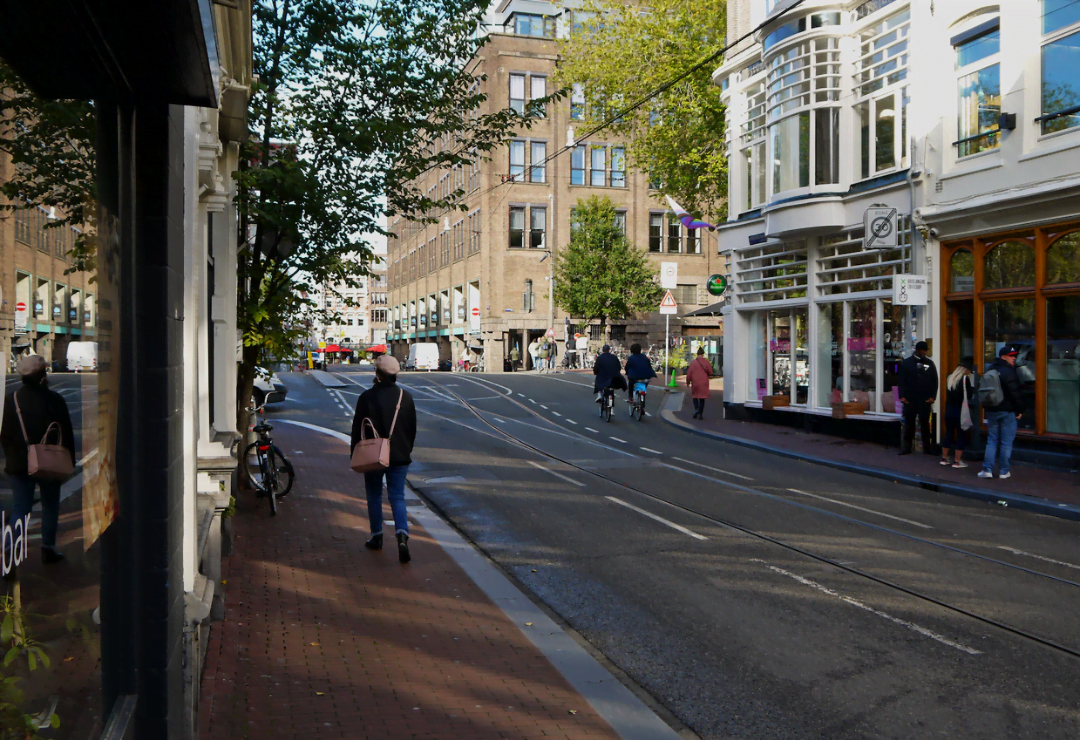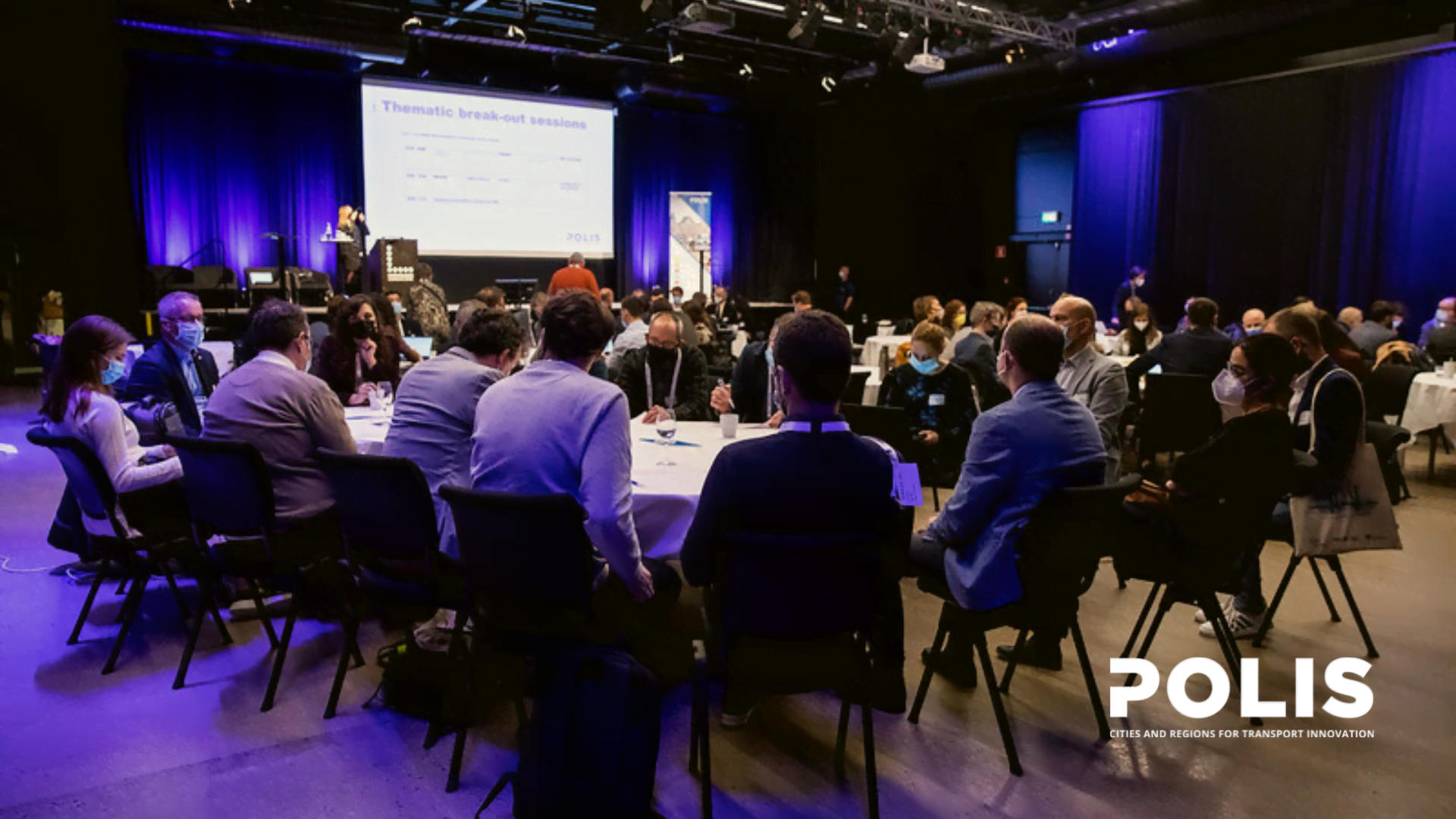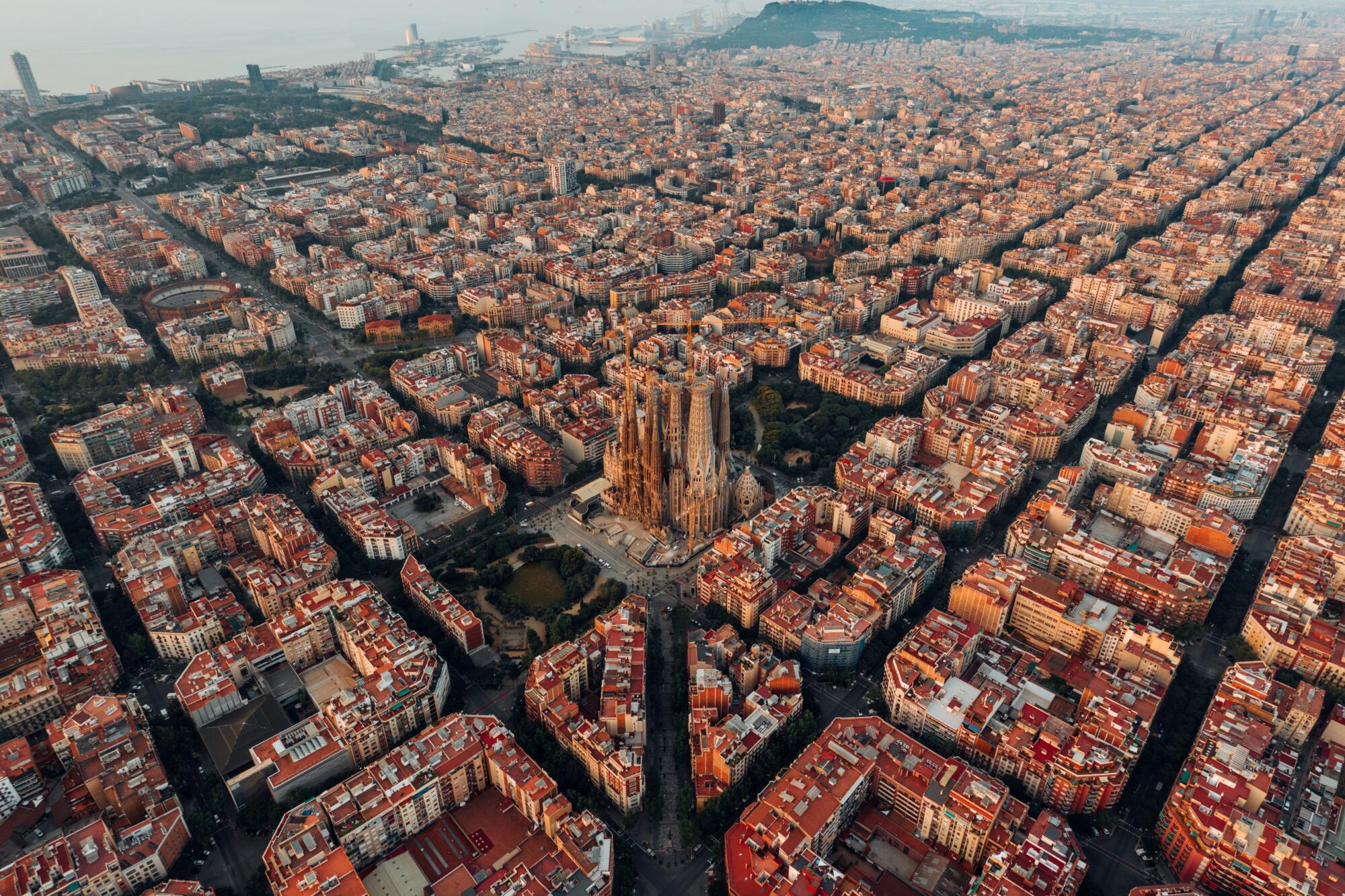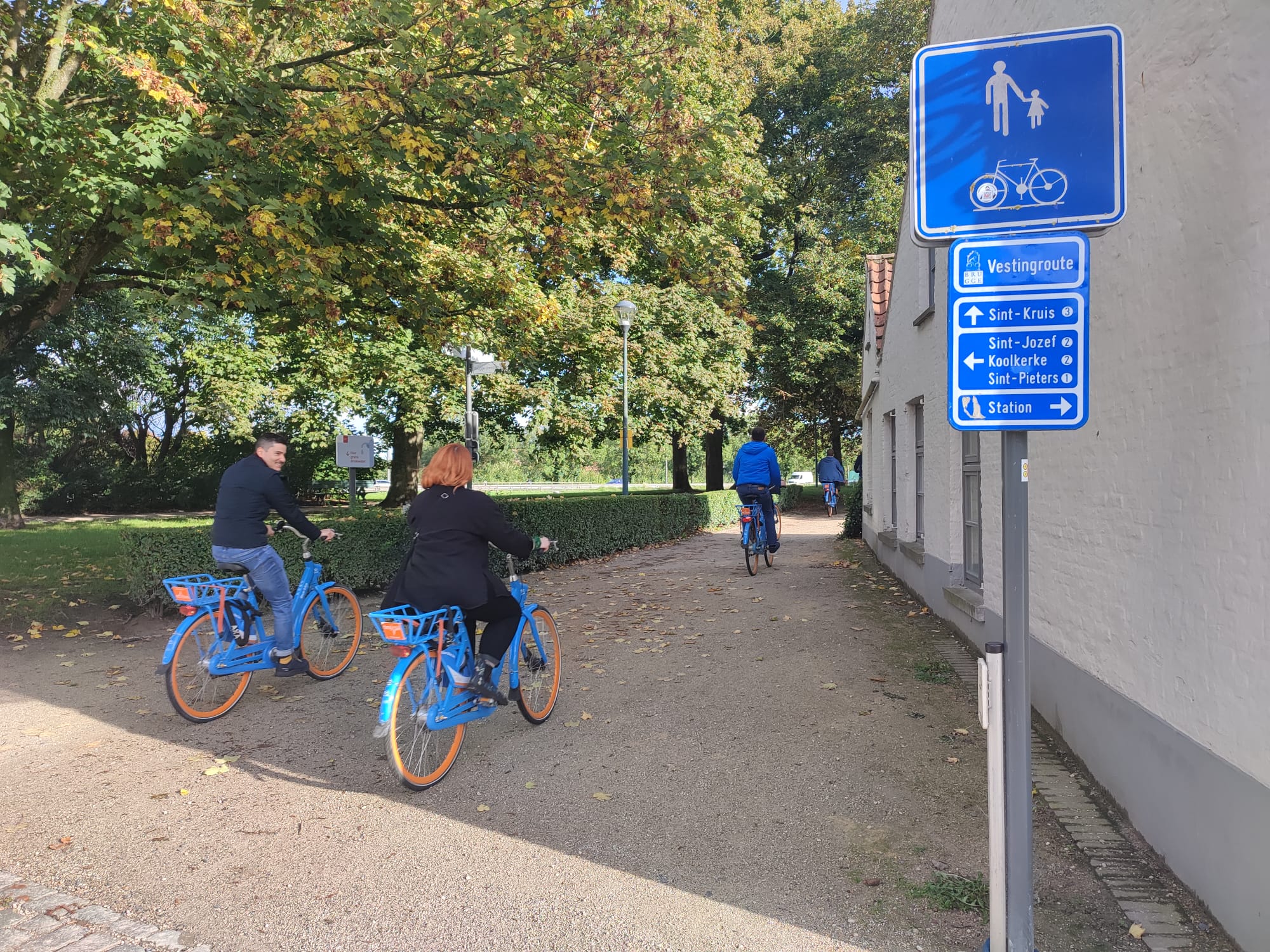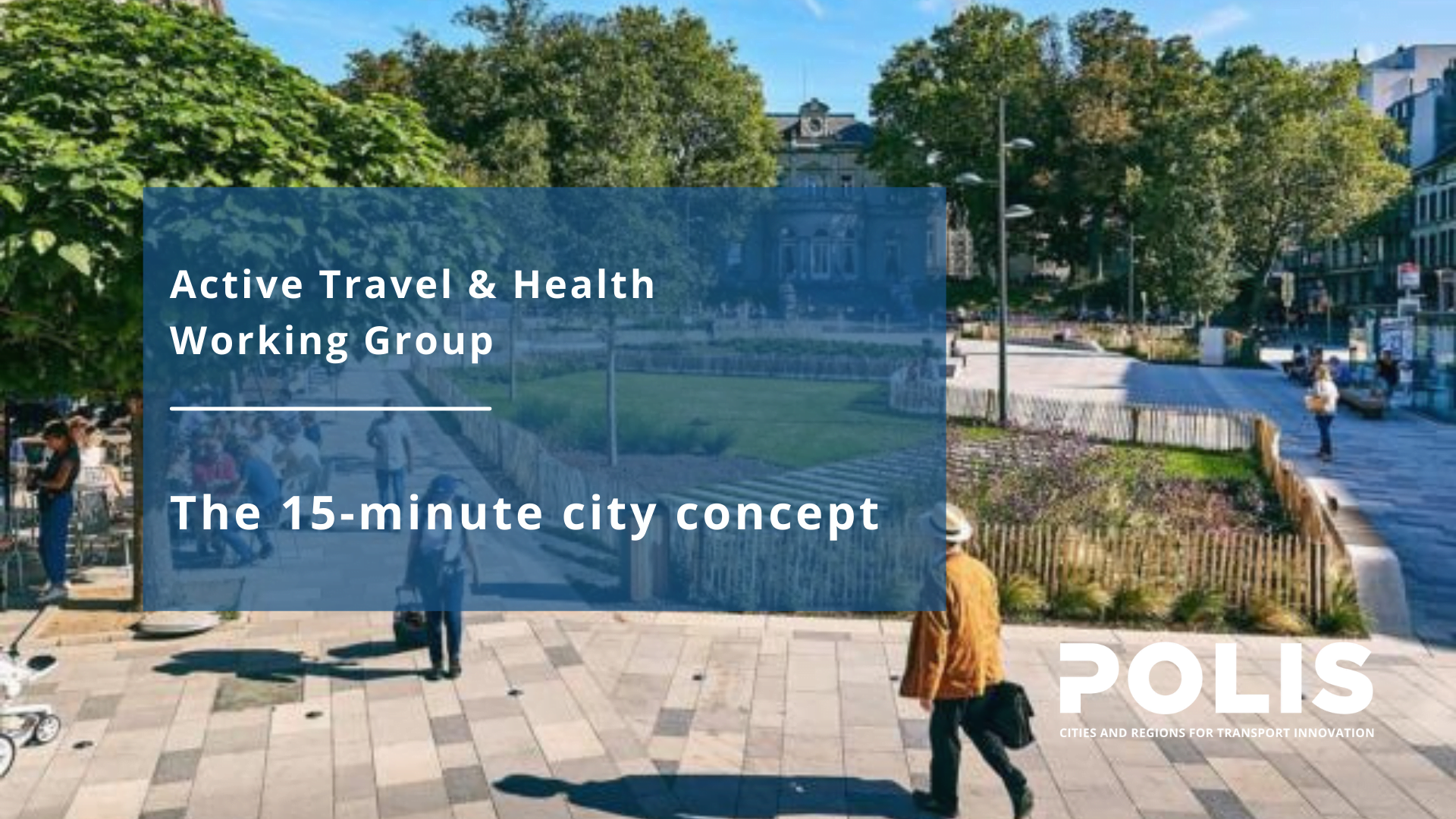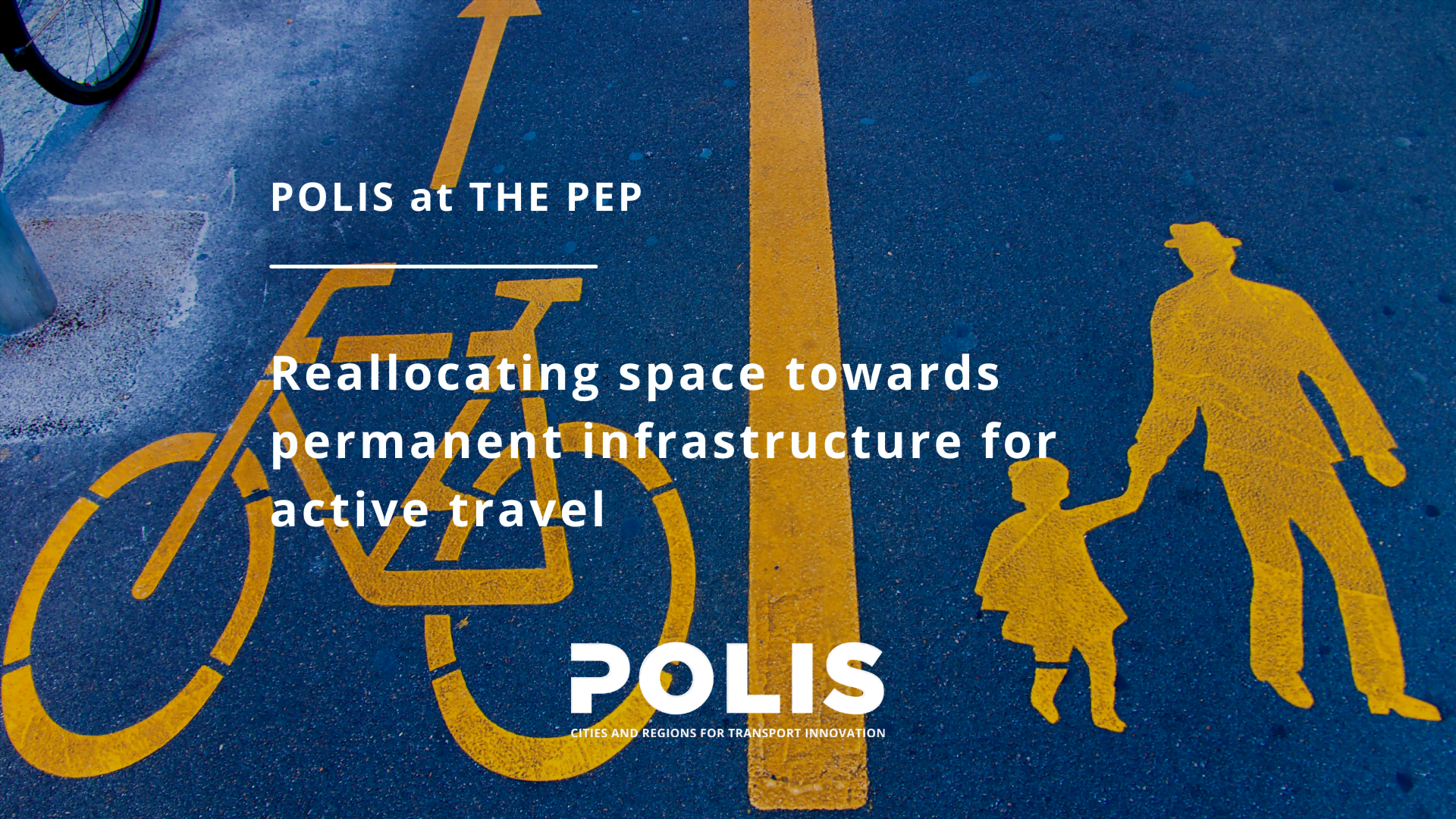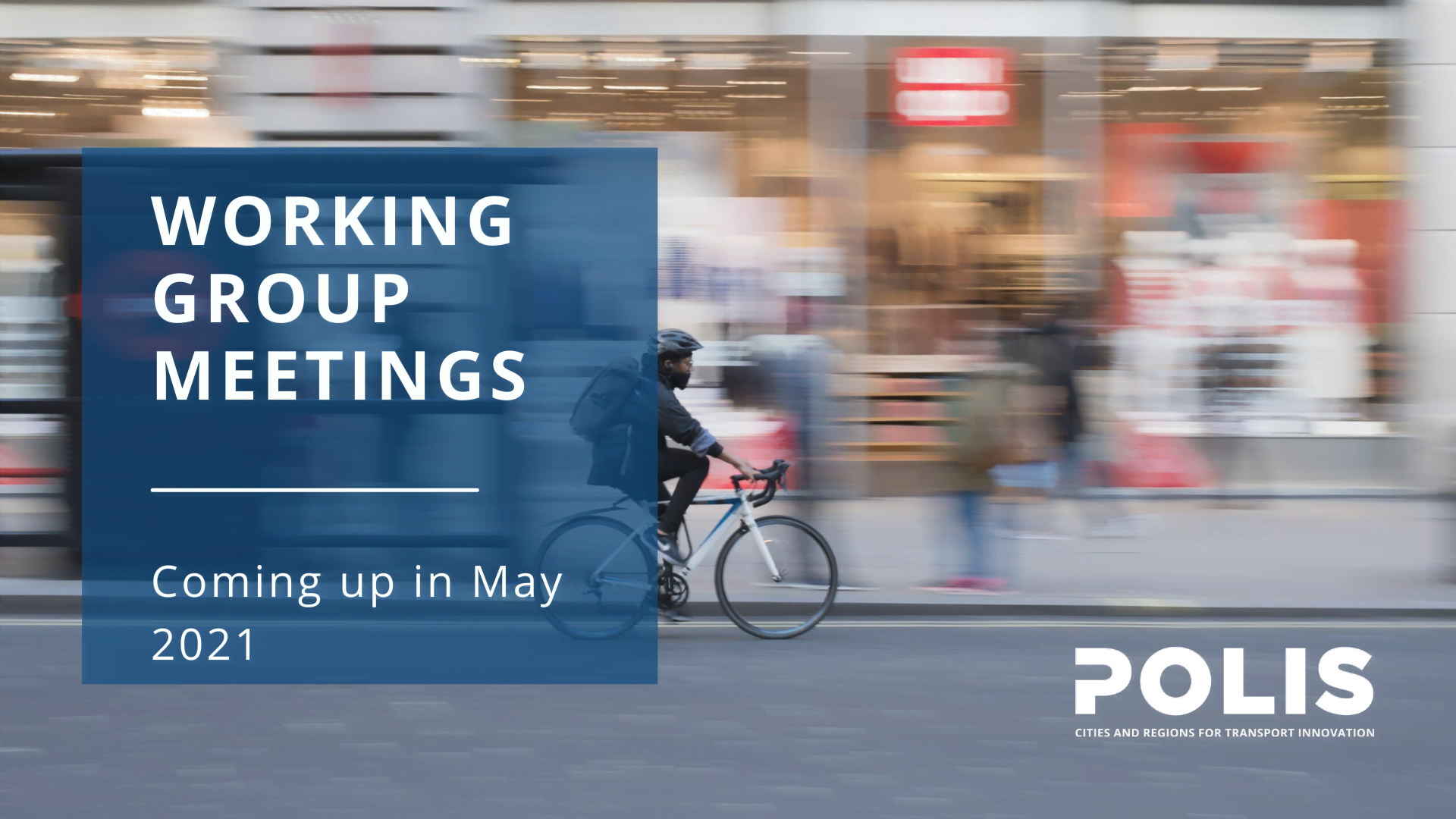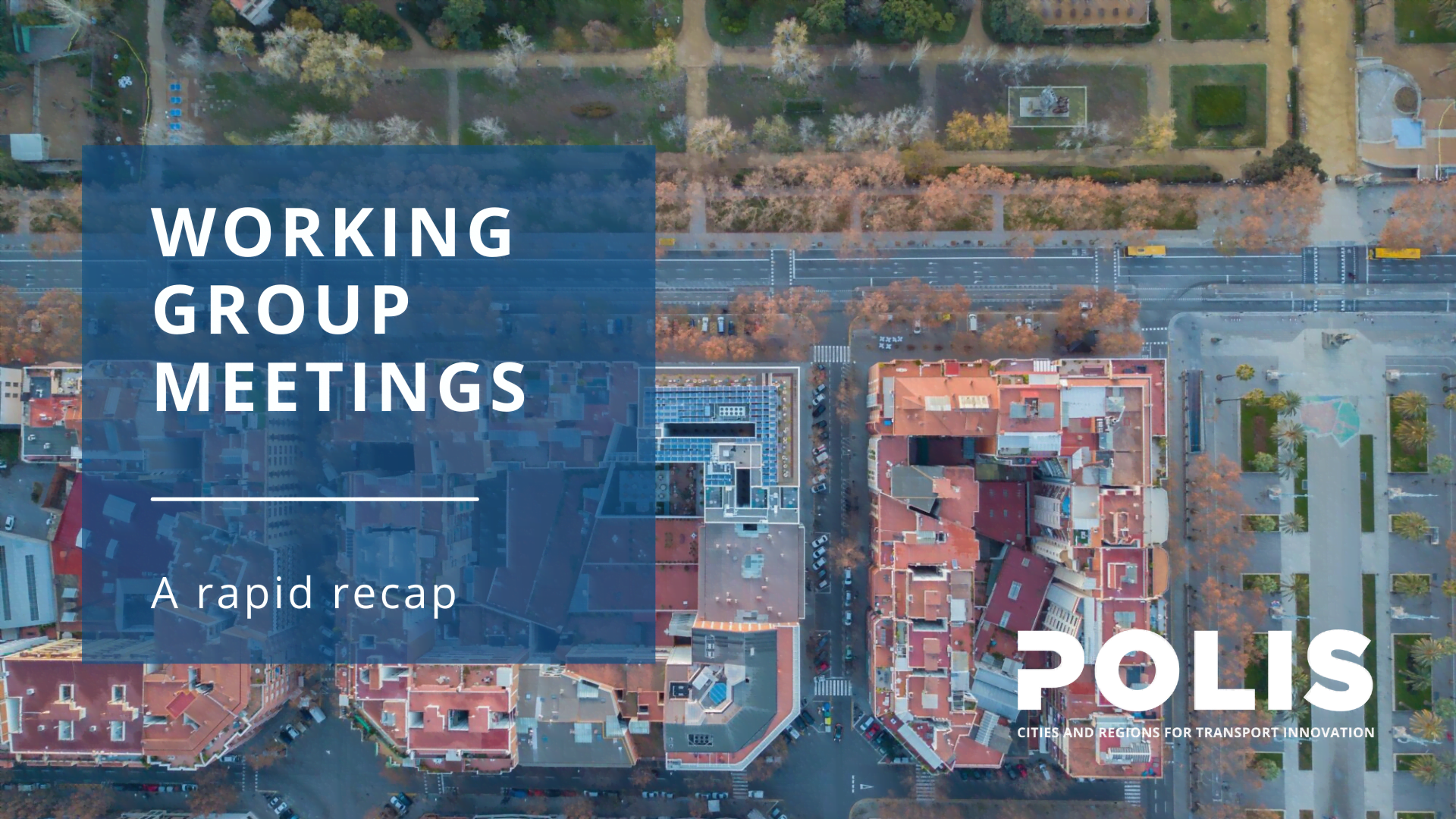Active Travel & Health
The Working Group on Active Travel and Health looks at the impact that urban and regional transport has on the environment and on health.
The Working Group on Active Travel & Health is dedicated to preserving walking, wheeling, and cycling as integral parts of mobility systems while considering interactions with urban planning, environment and health.
The Working Group on Active Travel & Health is dedicated to preserving walking, wheeling, and cycling as integral parts of mobility systems while also considering their various interactions with urban planning, the environment, and health.
At its core, the Working Group aims to foster discussions and exchange knowledge on strategies and measures that prioritise active modes of transport. The overarching goal is to facilitate a more equitable distribution of public space, thereby improving the quality of life for everyone.
Shifting the priority to active modes is a process that demands bold actions and strategically leveraging opportunities and integration between different mobility players. Throughout various meetings and workshops, the working group provides a platform to approach active travel as a horizontal issue, exploring the linkages with other areas that strengthen the potential and benefits of active modes for more sustainable and inclusive mobility.
Central to this endeavour is highlighting the different health benefits associated with active travel: by embracing walking, wheeling, and cycling, individuals can contribute to their personal well-being first-hand, collectively contributing to healthier communities.
Moreover, the Working Group also places paramount importance on ensuring that active travel is not only accessible to all types of users but also provides a sense of freedom without compromising comfort. This means understanding inclusion beyond physical accessibility, drawing on a broader perspective that acknowledges diverse needs and preferences.
Through the group, POLIS partners with WHO’s Transport, Health and Environment Pan-European Programme (THE PEP) in the Partnership on Active Mobility, linking high-level strategy to regions and cities realities, the Transport Decarbonisation Alliance’s Community of Interest on Active Travel and DUT Driving Urban Transitions. By harnessing these collaborations, the working group ultimately aims to make active travel an integral and accessible part of daily life, promoting a healthier, more inclusive, and sustainable future for all
Topic priorities for 2024
Our current topic priorities for 2024 are the following:
- Urban planning for active mobility, delving into the avoid, how to ensure that people can avoid some lengthier trips – exploring the 15 min city concept: implementation and challenges
- Active modes and health – how to emphasise the benefits
- Data and ITS for active mobility – how to develop and move forward
- Inclusivity and accessibility – active modes at different ages and with different needs
- Beyond infrastructure for active modes – aside from the hardware, looking into the software (building a culture, education) and the orgware (organisational competence)
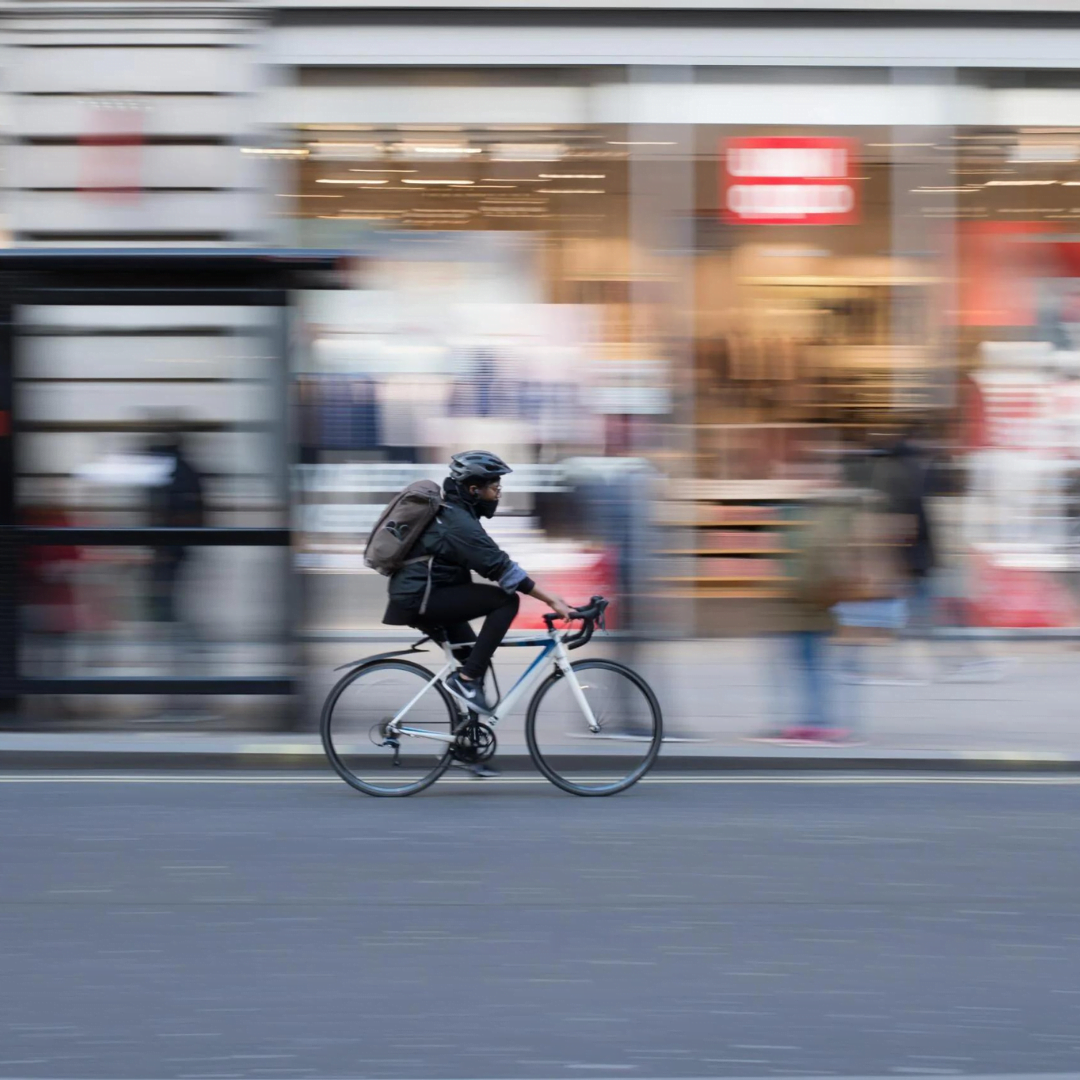
Cities and regions across Europe have been reallocating urban spaces towards more sustainable modes of mobility. The share of cycling and walking in terms of the total urban modal split has increased during the pandemic.
Image: Roman Koester/Unsplash
More information
For further information, please contact Andréia Lopes Azevedo, Carlotta Inserra
